The murders in Toulouse this week make France the third European country, after Norway and Germany, to confront the serial murder of minority citizens in the past year. Toulouse, which added 2 percent population annually since 1999, has now experienced the nightmare scenario of a city that is choking on its own newfound diversity.
These factors are absent in the port city of Marseille, which has a long history of serving as a crossroads of Mediterranean cultures. For half a century, it has had the largest Jewish and Muslim populations outside of Paris, making the city, by some estimates, almost 10 percent Jewish and 20 percent Muslim. Moreover, these figures have remained stable. Marseille’s population fell by 12 percent between 1975 and 1990 – losing more than 100,000 residents – before stagnating in the past decade at around 840,000.
Despite its demographic mix, the city’s population became famous for its tolerance – partly because there has rarely been a purely “majority” majority to begin with. When four other cities in the same region of Provence voted for National Front mayors in the mid-1990s, during a wave of anti-immigrant sentiment, Marseille elected a centrist who had once defeated the party’s founder, Jean-Marie Le Pen, in a regional election.
The city’s neighborhoods are relatively calm. In a country with 42,000 cases of auto arson a year, it makes the news when a single car goes up in flames in Marseille. The city didn’t receive the brunt of anti-Semitic violence that coincided with the second intifada in 2000 and 2001, and when 300 cities and towns experienced major rioting in 2005, Marseille had only light disturbances. The city vaunts its racially and religiously diverse soccer team, and local elected officials of immigrant background.
What is the secret? One may be that the city’s minorities live within city limits, often side-by-side with the native population. Being bounded by the Mediterranean on one side and mountains on the other helps contain urban sprawl. That has imposed meaningful limitations on the unintended consequences of bad urban planning elsewhere in France, and living in the city, not the suburban banlieues, naturally enhances integration. One study found French children of North African parentage in Marseille three times as likely to have friends of a different ethnic background as anywhere else in France.
The city became known for its ambience of “hope” – Marseille Espérance is the name of a well-known interreligious association. In the summer of 2001, the mayor proposed building a “grand mosque.” Even the Islamic federations that compete for seats on the local Regional Council for the Muslim Religion are unusually cooperative with one another and with local authorities, reaching across sectarian and ideological lines while their headquarters in Paris bicker and stonewall. Marseille’s Muslims choose from seven halal abattoirs during Eid al-Adha. Muslims have 73 prayer spaces, including 10 in the city center.
The city has not escaped all of the recent tensions, however, and the poverty of many neighborhoods contributes to the potential for urban unrest. In 2002, Mideast violence skipped across the Mediterranean, leading to the arson and destruction of Or Aviv synagogue (later rebuilt). In the fall of 2006, 10 buses were attacked by vandals throwing Molotov cocktails. Revealingly, the only victim to be hospitalized was a passenger of recent immigrant origin.
As Muslims became less popular in France, Marseille’s mayor quietly let his “grand mosque” plans drop. French researchers today emphasize the unequal outcomes in education and employment enjoyed by non-Muslims and Muslims. This month, a local official forbade women to wear a headscarf when getting married, and Marine Le Pen held a rally in Marseille mocking the president’s inability to impose law and order. When the interior minister visited Marseille, he warned against foreigners’ attempts to impose halal foods in school cafeterias.
Recent events have shifted everyone one position to the right. The mayor left his center-right party to join the Union for a Popular Movement in 2002, and that party’s current boss has been ambiguous about whether it should combat the ideas of the Front National. Marseille in 2012 bears some of these scars of fear and mistrust, and its model may not be able to resist national currents for much longer.
The Brookings Institution is committed to quality, independence, and impact.
We are supported by a diverse array of funders. In line with our values and policies, each Brookings publication represents the sole views of its author(s).

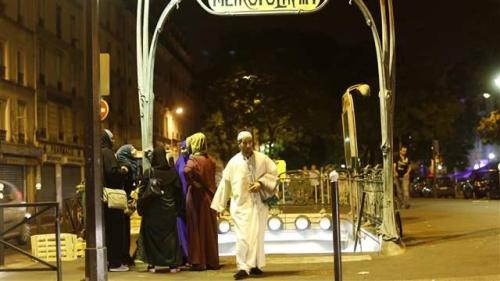
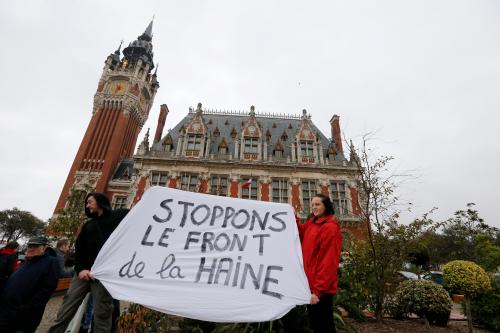
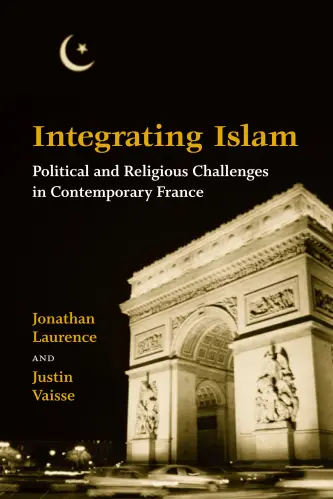
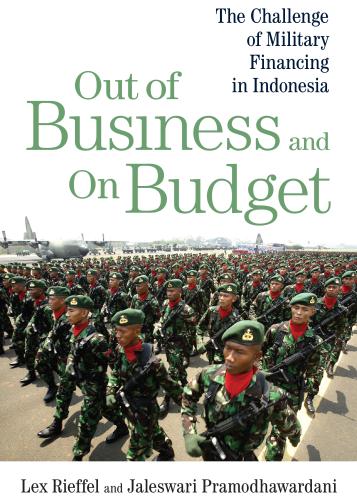
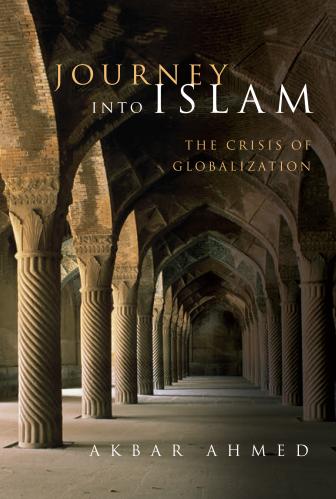




Commentary
Op-edA Charmed Life May Not Last
March 23, 2012